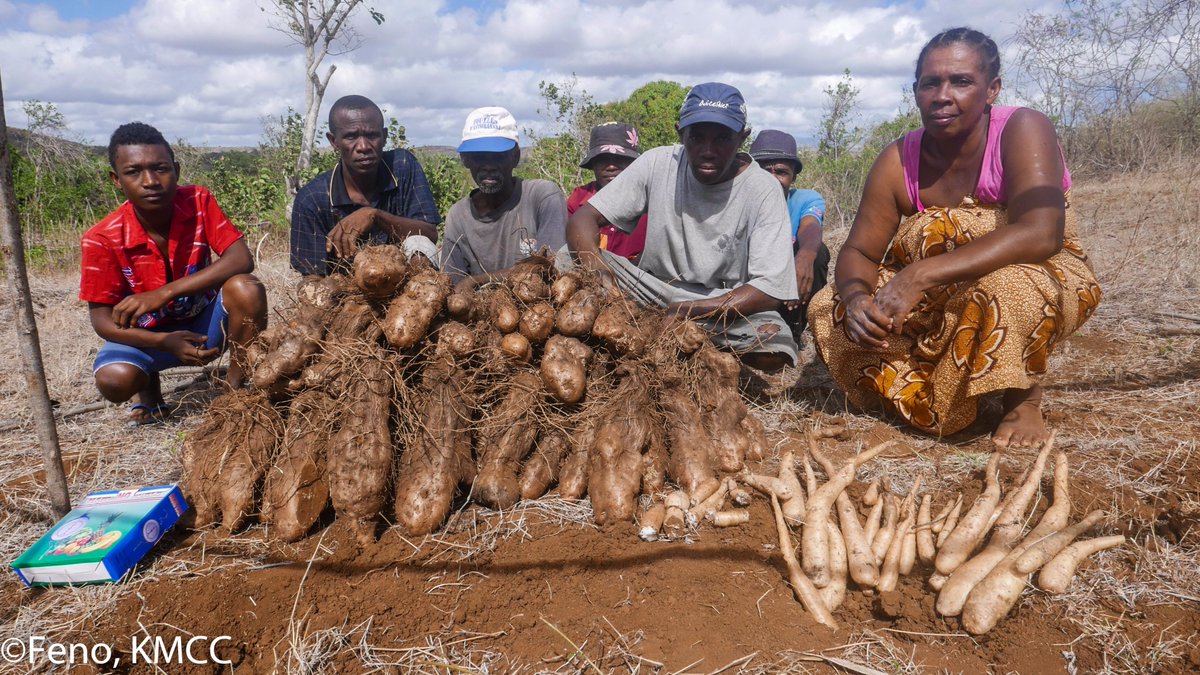“Less Waste, More Taste: A Master Chef Reimagines Thanksgiving Leftovers”
Massimo Bottura might be a name that you’ve heard of before, especially if you’ve watched the Italian chef’s episode of the Chef’s Table or his Netflix’s documentary, Theatre of Life. And whether he’s being spotlighted in the Guardian or the New York Times as a mercurial yet socially conscious chef; his mission in the kitchen is not only to cook the best tasting (and visually interesting) food, but also to mitigate the massive issues of food waste that plague countries around the world.
Yams, Not Sweet Potatoes, Are a Vast, Diverse and Delicious Species
Many of us may have had our fill of Sweet Potatoes from last week’s holiday, but what about Yams? Though they are often confused with one another (and both are tubers that grow underground), sweet potatoes are actually part of the morning glory family while yams are related to grasses and lilies. Yams are also starchier and drier than sweet potatoes.
Sadly, according to the Library of Congress, most tubers in the U.S. that are labeled “yams” are actually sweet potatoes — not as surprising as one would hope, especially since we already have compounded the issues of food labeling from a lack of transparency in our food system.

Read more about the Yam that exploded on Twitter here in the original article, The Yam That Deserves To Win The Internet, published by NPR.
Native to Africa and Asia and other tropical areas, yams can be as small as potatoes or grow up to five feet long. In Madagascar, where Yams are a major food source for the people living there, there are approximately 40 species!
In fact, locals are encouraged to grow wild yams by planting “seed yams” — cut-up pieces of a bigger tuber or yams, which experts hope will help to keep the wild varieties in Madagascar alive and thriving.
The Rise of ‘halal’ Business and it’s Potential to Saturate Core Values
Halal translates in meaning as ‘permissible’ in the Arabic language, and can be applied to any product or service, which does not violate Islamic laws and social norms. Thus, what separates halal industries from others is a conscious effort by producers to accommodate the requirements of Muslim consumers.
According to Cardiff University’s Dr. Jamal Ahmed, the consumption of ‘halal’ products is driven by issues of identity, just as much as a commitment to Islamic rules. However, it is possible “that placing too much emphasis on the consumer end of halal produce has taken the focus away from the wider issue of whether aspects such as the manufacturing processes or treatment of workers (i.e. industrial scale slaughter of animals) truly complies with Islamic ethics.”
It is not uncommon for any pervasive brand that floods the market to become potentially saturated or ‘washed out’ and thus misaligning the product with its original intended use or meaning. Arguably, yes, the rise in ‘halal’ could be good for democratizing food, however, corruption and greed are not typically far behind when increased revenue and money are in the mix.



Comments are closed.